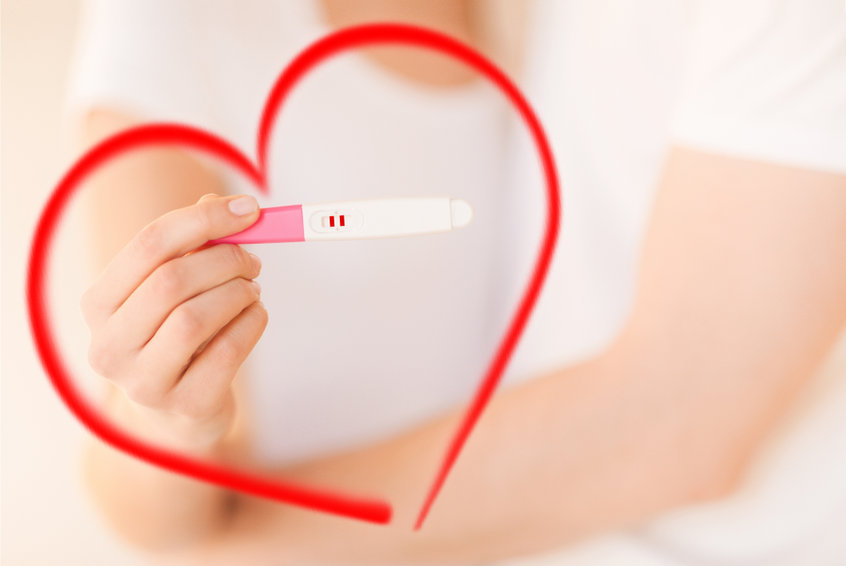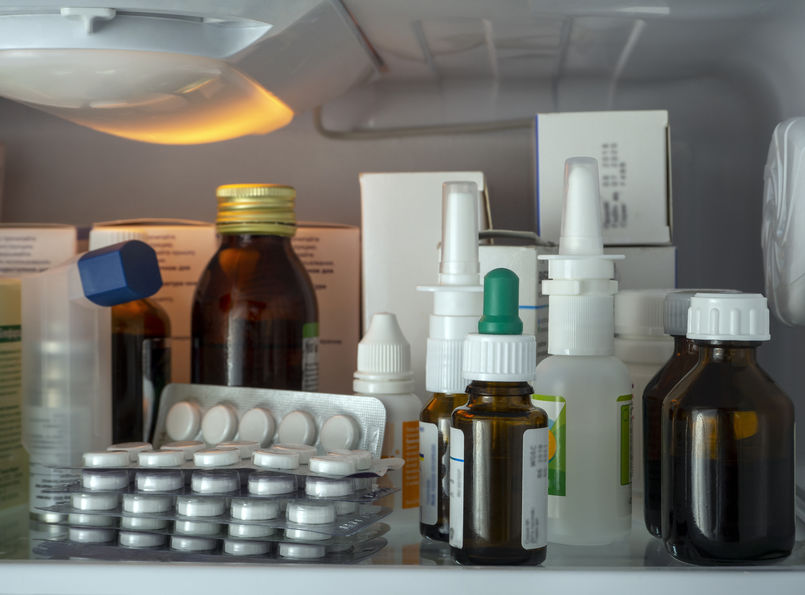Treating Infertility With Science
If not for science, many infertile women and men would not have a chance at getting pregnant. Conception is already difficult naturally, so those with infertility need some assistance. Over the years, scientists and doctors developed assisted reproductive techniques like IVF. With a step-by-step understanding, anyone considering IVF will know what to expect.

First things first, what is IVF?
IVF is commonly known as in vitro fertilization. Persons who opt for IVF usually have a long-term reproductive issue preventing a natural pregnancy. The IVF process involves extracting both sperm and an egg, fertilizing the egg, then transferring the best embryo into the uterus. IVF may sound simple. However, the process can be complicated, lasting several weeks.
The initial consultation and testing
A couple struggling with infertility will turn to a fertility clinic. This clinic will first start with an initial consultation and testing. Testing involves a full uterus and fallopian tube check, semen analysis, and hormonal testing. The clinic will also need to know the woman’s ovarian reserve, an average of the number of follicles left. Based on the results, the clinic can decide on further steps within the IVF process. During the consultation, patients can ask questions, express concerns, and discuss the costs involved.
Treatment for ovarian stimulation
The clinic needs to extract as many eggs as possible for the IVF process. In the natural reproductive cycle, the ovaries develop several follicles, but only one is mature enough for ovulation. The clinic will need multiple mature eggs, which will increase the success rate. Most women start fertility drugs for an average of 10 days. These injections contain a hormone called follicle-stimulating hormone (FSH), which is needed to grow multiple mature follicles. The doctor and clinic monitor the progress with ultrasounds and blood tests.
Moving to the injection
Once the tests confirm the eggs are ready, an additional hormone shot preps the eggs for fertilization. More importantly, the injection stops the production of FSH and any other hormones. This step is also crucial for preventing issues like ovarian hyper-stimulation syndrome. The injection contains human chorionic gonadotrophin, or hCG, which helps with the final stages of maturation.
Time for egg and sperm retrieval
About 34-36 hours after the final injection, the eggs are ready for retrieval. Egg retrieval happens during a simple outpatient procedure. The doctor will use a light sedative, so the woman does not feel discomfort. With an ultrasound, the doctor inserts a small needle through the vaginal canal to the ovaries. The needle helps extract fluid containing the mature eggs. Around this time, the man will provide a sperm sample, or the donor sperm will be prepped for fertilization.
Next up is fertilization
Both the follicles and sperm samples go to the embryologist to fertilize the eggs. First, each sample is analyzed for quality. The best eggs are transferred to the culture dish for fertilization. The sperm sample is washed and combined with the available eggs. The embryologist may use a process called intracytoplasmic sperm injection (ICSI) to fertilize the eggs if the sperm quality is a concern. The fertilized egg is then placed in an incubator for observation for approximately 2-5 days.
Transferring the embryo
A sample may be sent for genetic testing before implanting the embryos. Genetic testing can take up to one month, so the embryos will remain frozen until then. With the embryos ready to go, the clinic will schedule the transfer. The embryologist will supply the highest quality embryos to the doctor for the procedure. To avoid multiples, one embryo is transferred. The doctor will use a catheter to place the embryo into the uterus. The clinic freezes the remaining embryos for future cycles.
Now, we wait
For the next 2 weeks, the embryo will continue to mature in the uterus. During this time, maintaining good health and resting is critical. After the 2 weeks, the doctor will schedule a pregnancy test. A positive result will be followed by ultrasounds to confirm viability. If the test is negative, the doctor and couple will discuss another cycle or next steps.
IVF and your future family
IVF can be a tiring, anxiety-inducing process. Each step requires commitment, preparation, and precise testing. In the end, IVF is worth the effort with a high success rate compared to other forms of fertility treatment. If infertility continues to be a challenge, speak with a doctor about the possibility of IVF.







